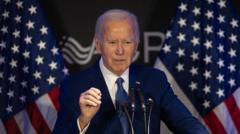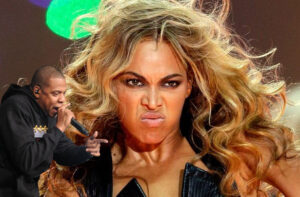The scandal surrounding Perrier's labeling as "natural mineral water" has escalated, raising deeper questions about the authenticity of bottled water and the implications of regulatory oversight.
The Perrier Controversy: Redefining 'Natural' Water in the Age of Transparency

The Perrier Controversy: Redefining 'Natural' Water in the Age of Transparency
Nestlé's practices around Perrier water are under scrutiny as the definition of "natural" comes into question, highlighting the clash between marketing and regulation.
For over a century, Perrier has epitomized refinement in sparkling mineral water, but its legacy is now shadowed by controversy. The brand, known for its iconic green bottle and effervescent bubbles, faces backlash over the authenticity of its product. At the core of the unfolding drama are accusations that Nestlé Waters, Perrier's parent company, has manipulated the water using filtration and ultraviolet treatment methods that go against strict French and EU regulations designed to protect the integrity of "natural mineral water."
A recent investigation by French authorities revealed that these practices have been covertly aligned with governmental complicity, prompting calls for action. The Gard region's officials, where Perrier sources its water, have mandated that the company eliminate its existing filtration systems within two months, as discussions on potential labeling alterations commence.
Furthermore, a report from the French Senate has indicated that officials at Nestlé engaged in deceptive practices, clouding the waters—both literally and metaphorically—regarding the true nature of Perrier’s contents. This revelation has ignited a broader conversation about the definitions of purity and transparency in the bottled water industry.




















